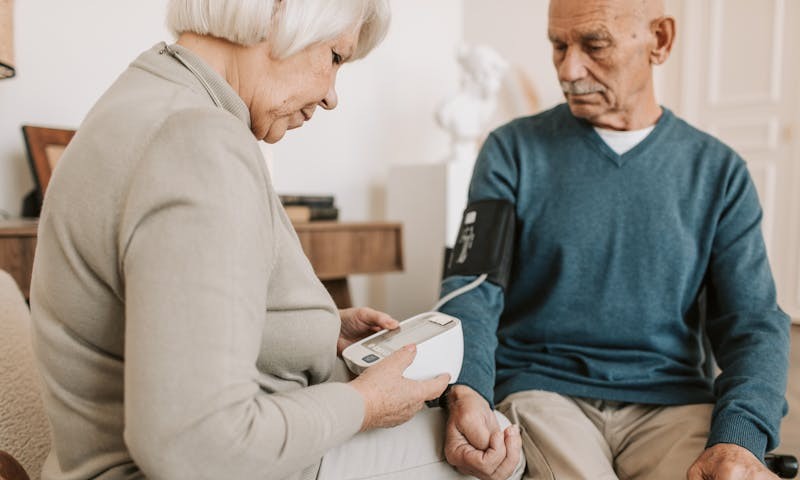New Minnesota Law Eliminates Spousal Responsibility for Medical Debt — Except for Medicaid/Medical Assistance Estate Recovery

As of August 1, 2024, a new law in Minnesota significantly changes the rules regarding medical debt between spouses. This legislation brings relief to many families who previously faced the stress of managing one spouse’s medical bills, even when the other spouse wasn’t directly responsible for the care.
However, there’s an important exception: Estate Recovery of Medicaid (termed “Medical Assistance” in Minnesota) benefits paid remains unaffected by this new law.
Let’s break down what this means and how this could impact you and your family.
What Has Changed?
Under the old law, a spouse could be held responsible for the medical debt of their partner, even if they didn’t sign for the medical services. This was based on the concept of the “doctrine of necessaries,” which made spouses financially responsible for necessities like medical care, food, clothing, and housing.
The new law eliminates spousal liability for medical debts incurred after August 1, 2024. Accordingly, if your spouse incurs hospital or medical bills after this date, creditors can no longer come after you for payment unless your name is on the contract or agreement.
What Hasn’t Changed?
While the new law lifts a significant burden, it does not change the Medicaid Estate Recovery rules. Medicaid, a program designed to help people cover long-term care costs, will still be able to seek reimbursement for benefits paid from the estate of the second spouse to die.
This means that, if Medicaid has paid benefits for long-term care or other medical expenses for one spouse, the state can still seek reimbursement for such benefits paid from the other spouse’s estate after they die.
Why Does This Matter?
For Couples Managing Medical Expenses:
If one spouse faces significant medical expenses, this law protects the other spouse from being dragged into financial hardship. For instance:
If your spouse undergoes an expensive surgery or hospitalization, you won’t automatically be liable for those bills unless you signed up for the services.
However, you must still be cautious about Medicaid coverage and understand how estate recovery could affect your family’s assets.
For Long-Term Care Planning:
If Medicaid becomes part of your plan to pay for long-term care, Minnesota’s Estate Recovery rules will still come into play. Without proper planning, Medicaid will claim your jointly owned home or other assets after the second spouse dies.
How Can You Protect Yourself?
Even with the new law, elder law and estate planning remain essential tools for protecting your family’s financial future. Here are a few strategies to consider:
Seek Guidance Early from an Elder Law Attorney:
Planning ahead can help you avoid common pitfalls and ensure your family’s financial stability.
Take Action Today
If you or your spouse are concerned about medical expenses, long-term care, or Medicaid Estate Recovery, we’re here to help. At Safe Harbor Estate Law, we focus on elder law and estate planning to protect your hard-earned assets, your independence, and your loved ones.
This new law offers welcome relief for many Minnesotans, but understanding how it intersects with Medicaid rules is crucial for your peace of mind.
Contact us today
You can schedule a Life and Legacy session today and learn how we can help you navigate these changes and secure your family’s future.
Stay informed, stay protected, and let’s plan for the road ahead—together.



